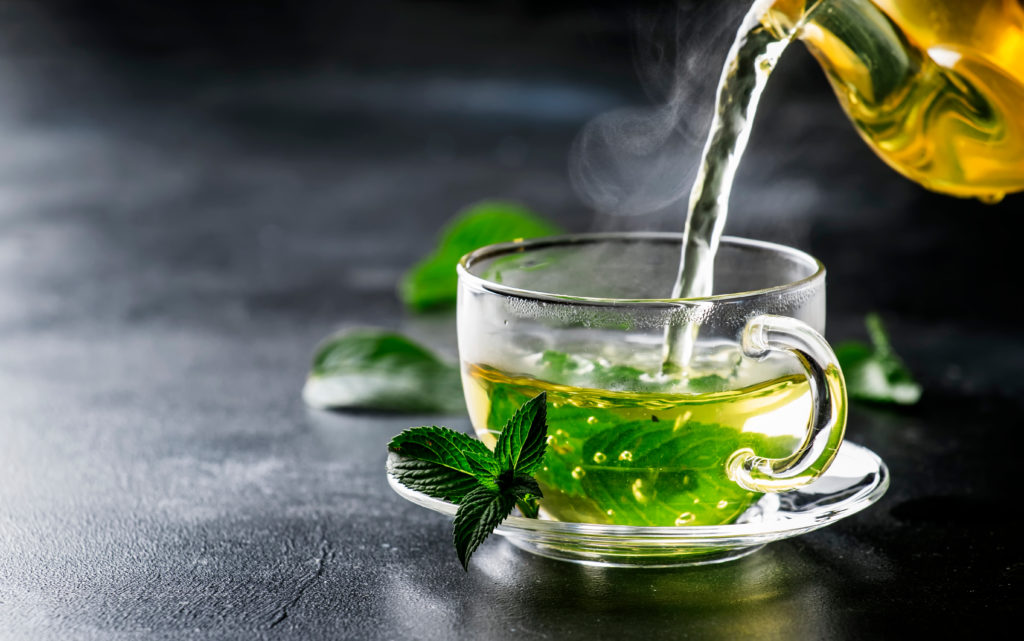
Introduction
Consumption patterns in the hot beverages
sector are long-established and are usually driven by habit. As a result, it is
not a surprise that the proportion of consumers who drink these products on a
weekly basis has shown minimal change over the past few years. While there has
also been only a slight shift in the frequency of hot green tea and hot
chocolate consumption, there has been a noticeable increase in the number of consumers
who drink specialty coffees on at least a weekly basis.
With the challenges brought about by rising prices, many individuals have had to rethink their spending habits in order to make their money stretch further. One consequence of this is that consumers are seeking out products that they view as affordable indulgences, providing a sense of reward and escapism. This can be seen as a way of compensating for cutting back on more expensive items. This presents a significant opportunity for innovation, as it allows for the promotion of high-quality ingredients and new, unique flavors that can shape consumer perceptions of value, which is essential during a cost-of-living crisis.
Consumers are Conscious of Sugar Content
On a global scale, consumers remain proactive about their health, recognizing the potential long-term effects of their dietary choices. They are more attentive to product ingredient lists and are mindful of dietary risks, although to a lesser extent than seen in 2021 during the heightened pandemic period.
Sugar content stands out as a primary concern for consumers. For instance, FMCG Gurus’ consumer insights reveal that 43% of global consumers say they are concerned about hot drinks containing sugar. However, this concern is relatively lower compared to the levels observed in the soft drinks sector, where consumers have more control over adding sugar themselves. While the proportion of individuals worries about sugar content has slightly decreased over the past three years, there has been a rise in individuals conscious of the use of artificial ingredients, aligning with a growing consumer emphasis on natural ingredients.

Healthy Beverages
Perceptions regarding the
healthiness of hot drinks vary significantly between different categories.
Generally, consumers are more inclined to view hot green tea as healthy, and
there has been a noticeable rise in the proportion of individuals expressing
this view over the past three years. For instance, FMCG Gurus’ market research highlights
that in 2021, 58% of global consumers who purchase hot green tea feel that it
is healthy. Additionally, in 2024, 68% of global consumers who purchase hot
green tea deem it to be healthy. Hot green tea has long been labeled as a
superfood due to its antioxidant properties and its association with promoting
various aspects of physical and cognitive health. The increased emphasis on the
health benefits of hot green tea aligns with consumers adopting a more basic
approach to nutrition and seeking everyday products to maximize their intake of
health-boosting ingredients, especially as functional products are often
associated with a premium price.
Conversely, there has been a decrease in the proportion of consumers who consider hot coffee specialties and hot chocolate to be healthy compared to three years ago. This shift could be attributed to some consumers prioritizing escapism and indulgence when turning to these products, rather than seeking out healthier options within the categories. Additionally, in the case of hot coffee specialties, increased consumption rates may lead individuals to perceive their intake as incompatible with maintaining an overall healthy diet and lifestyle.
